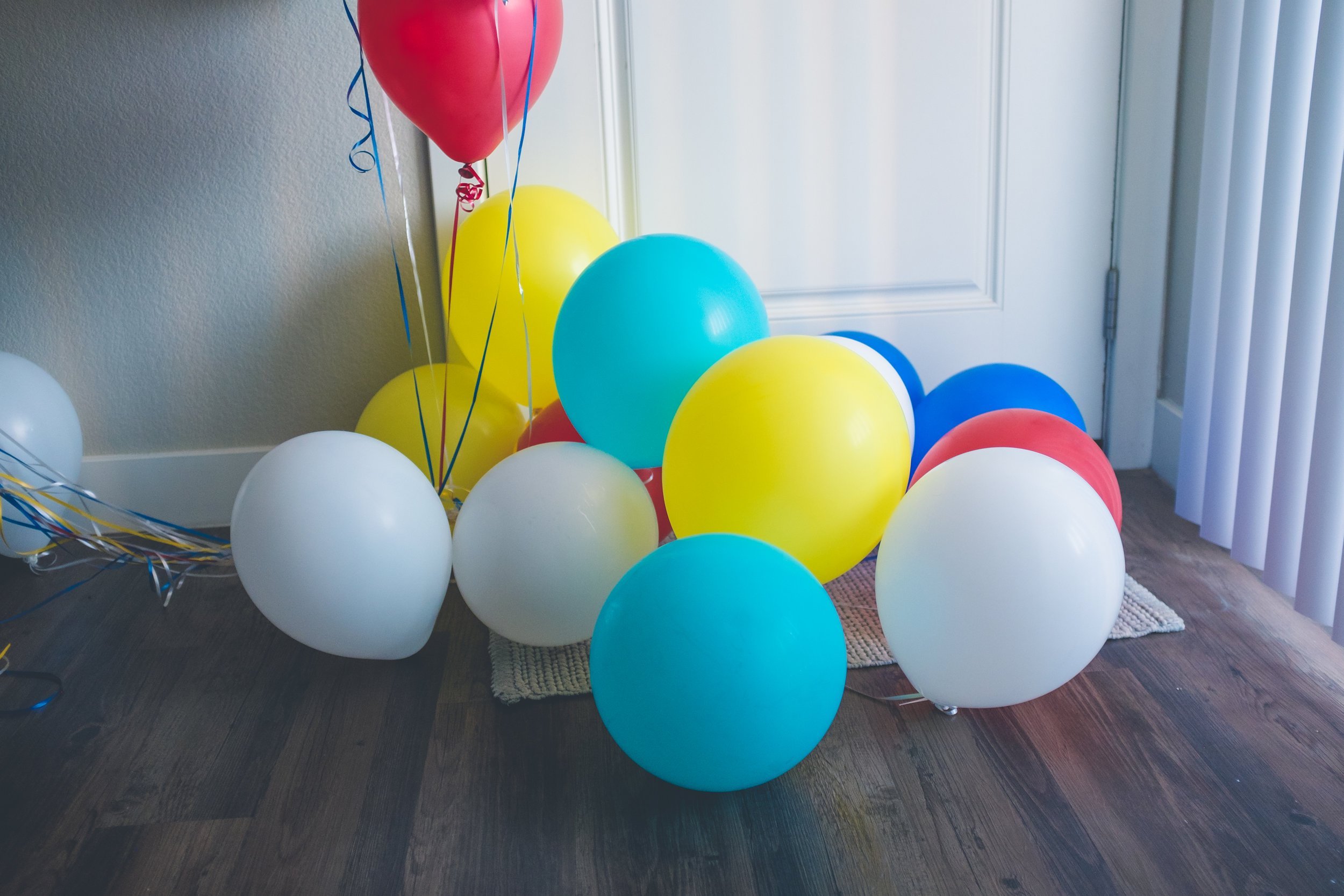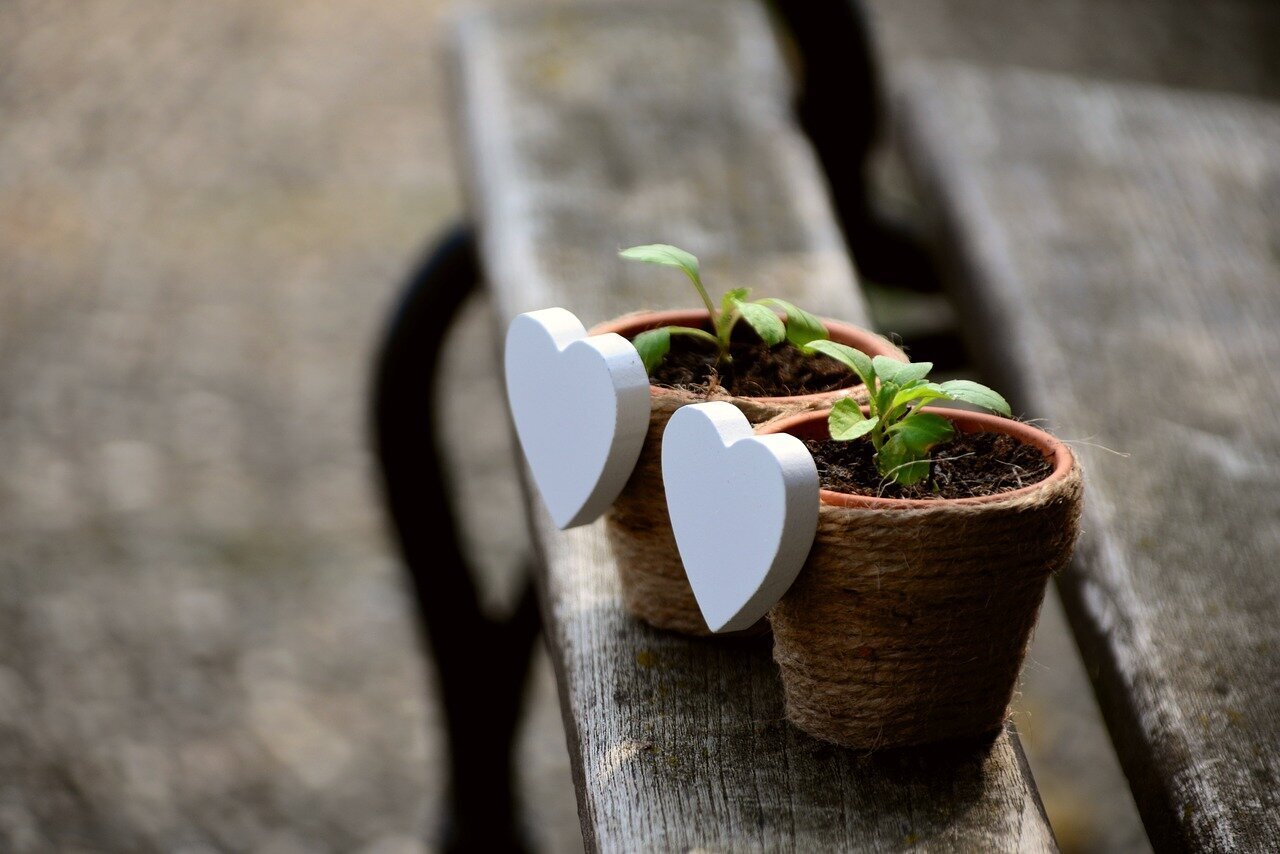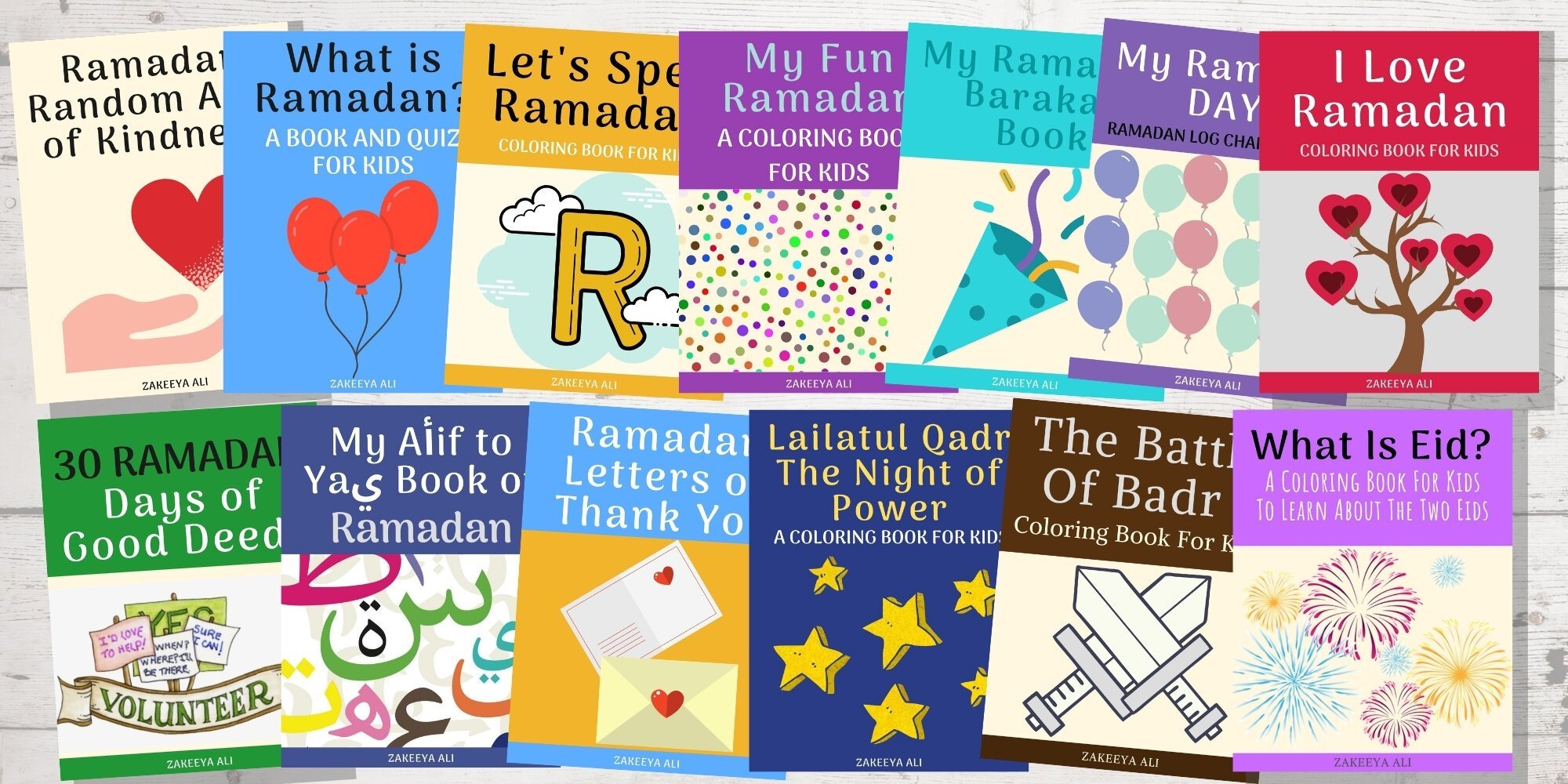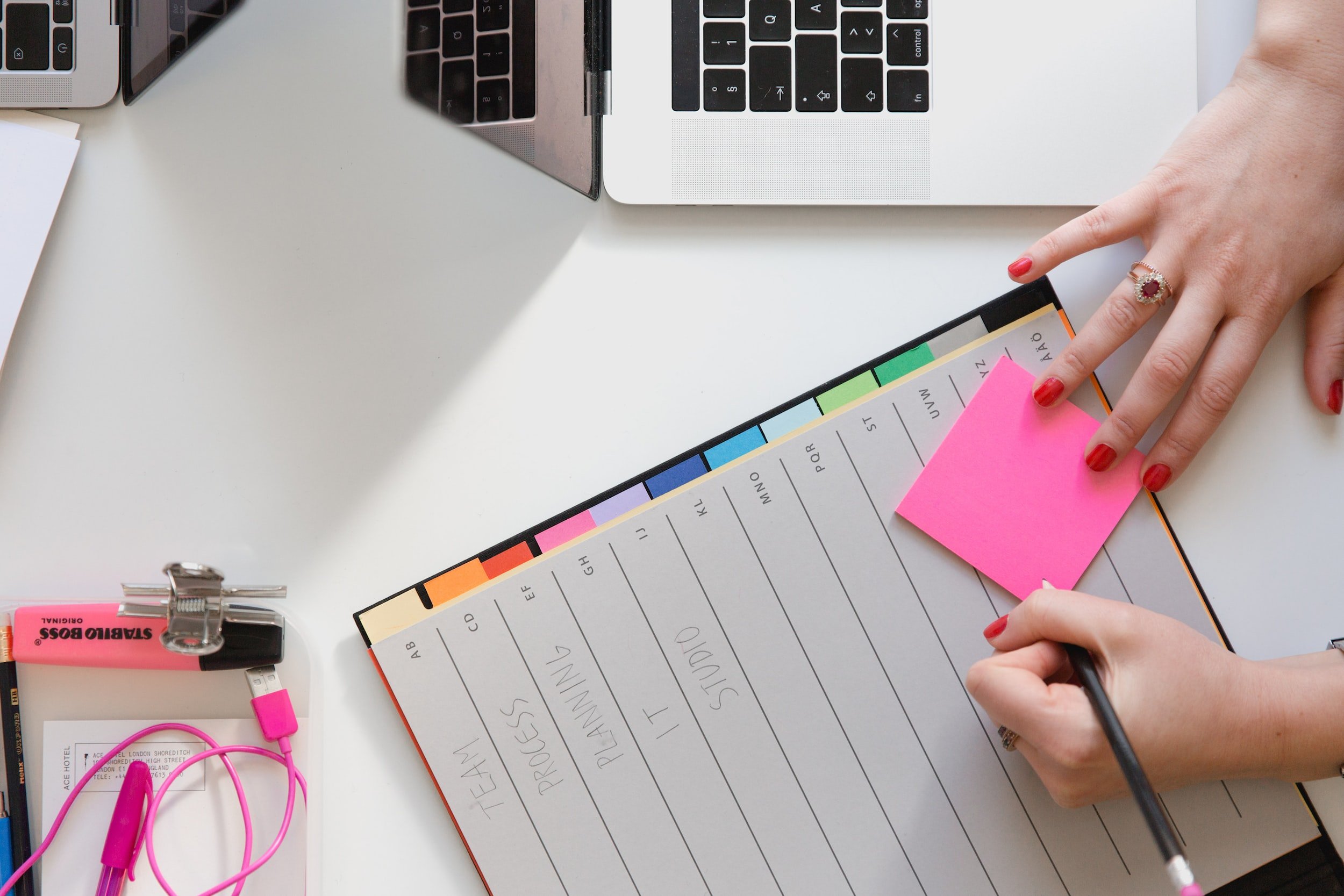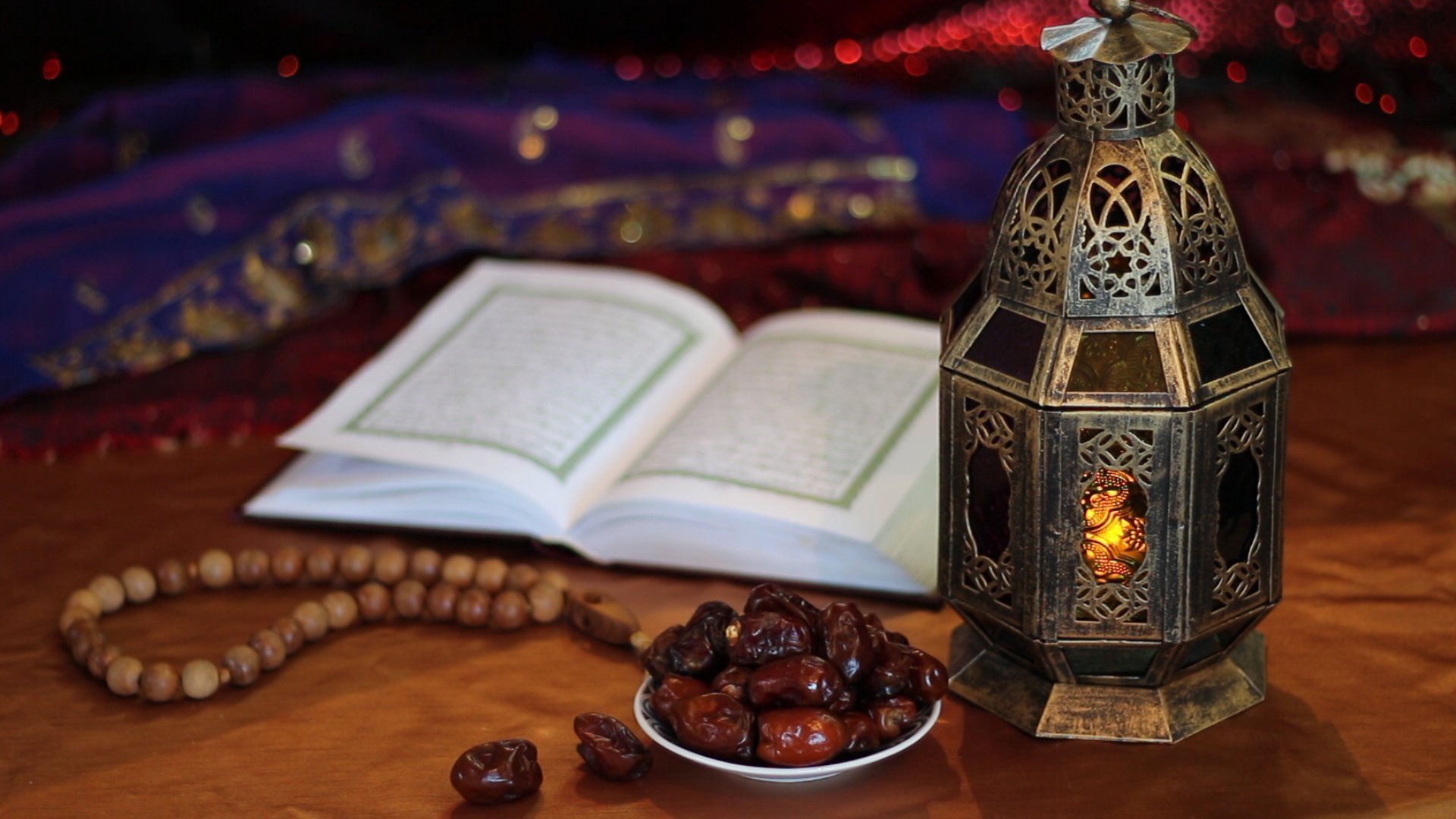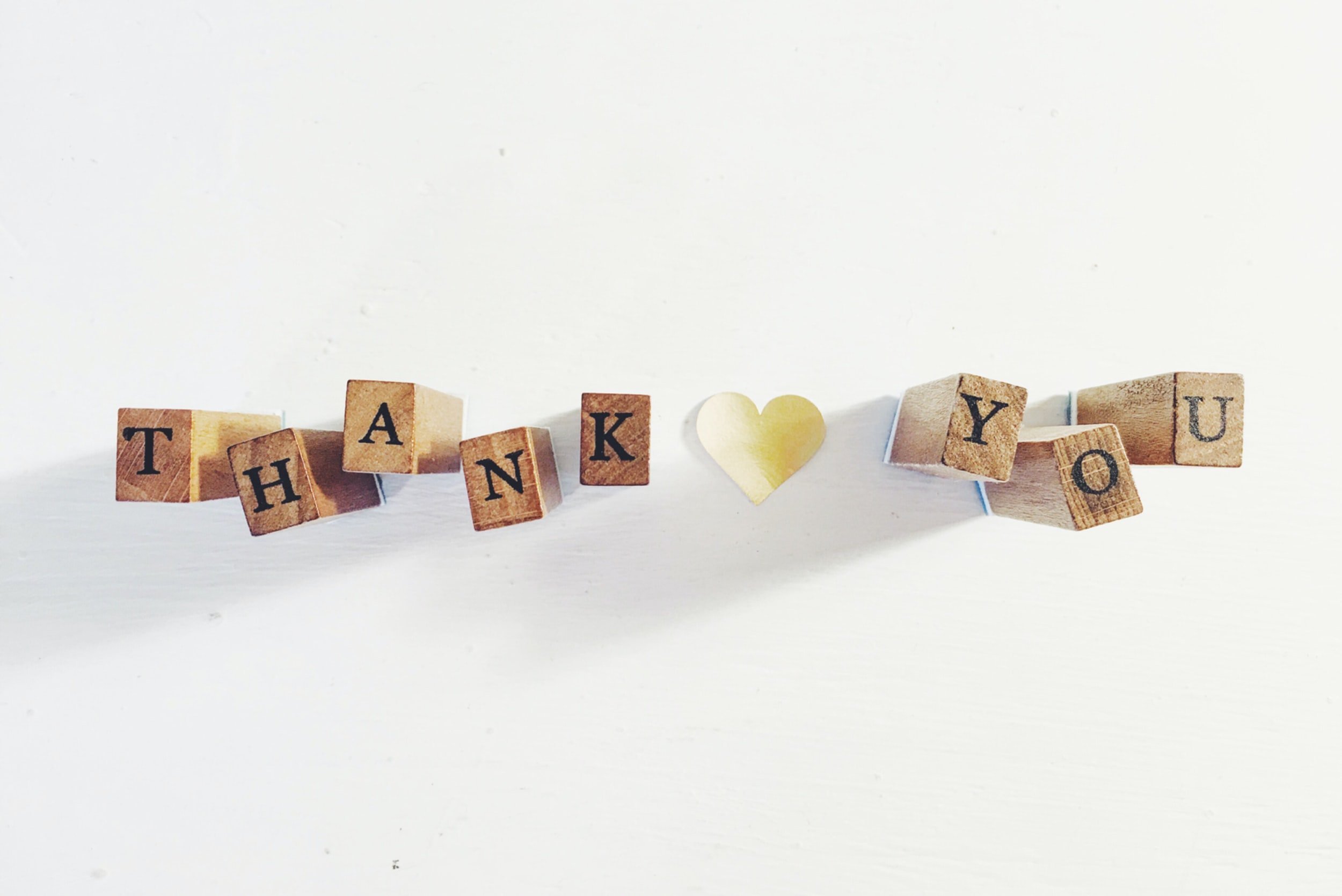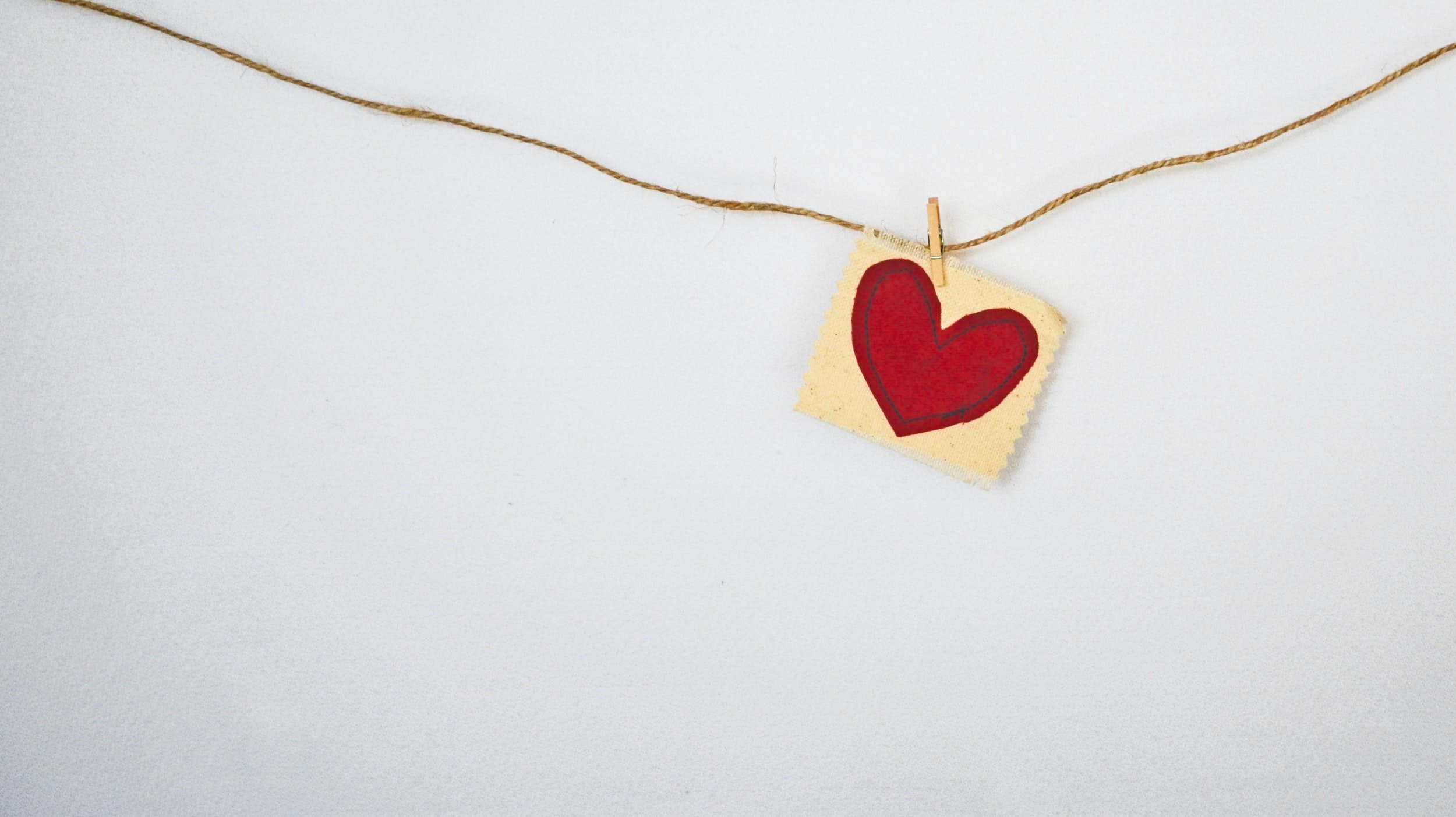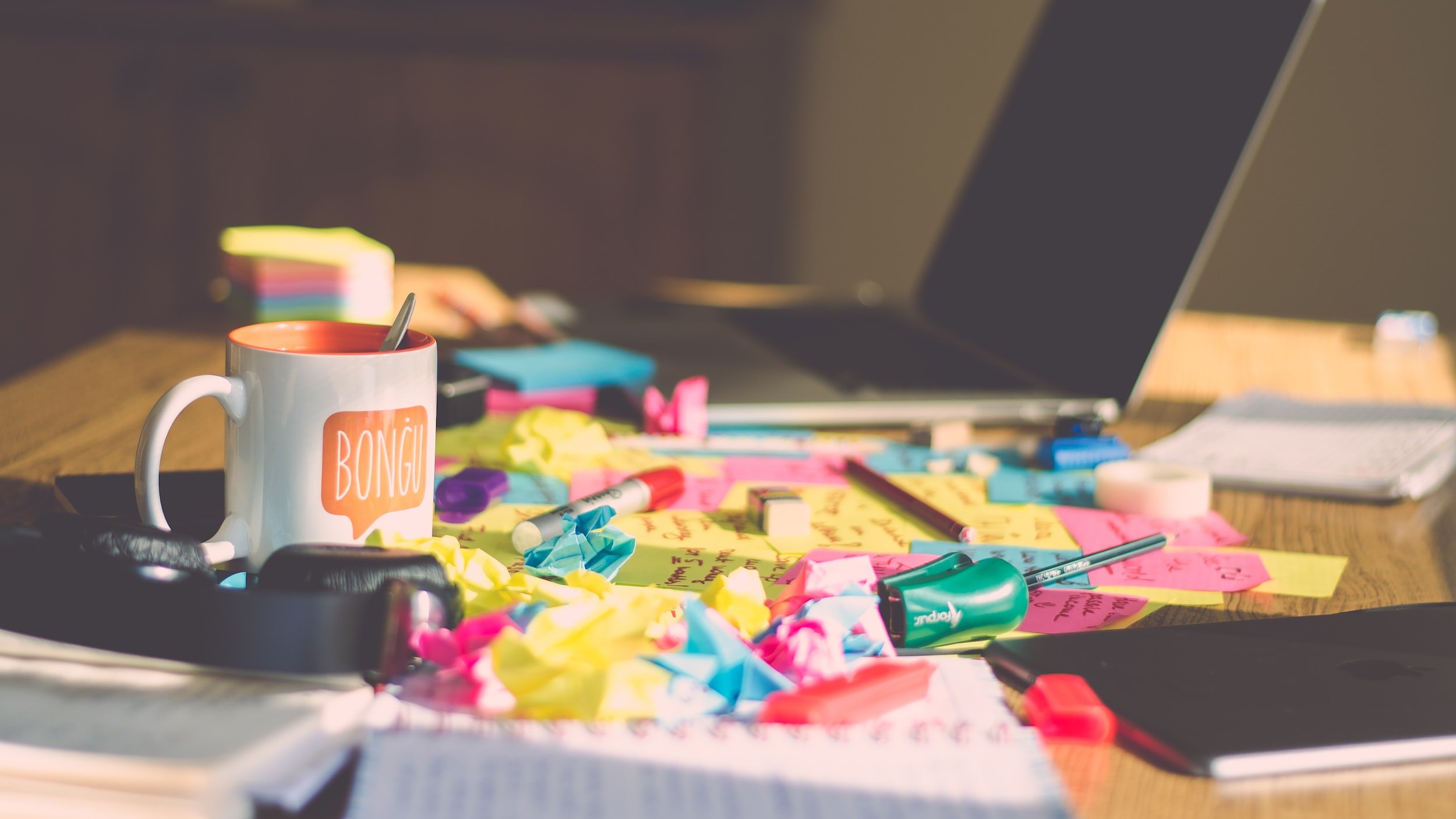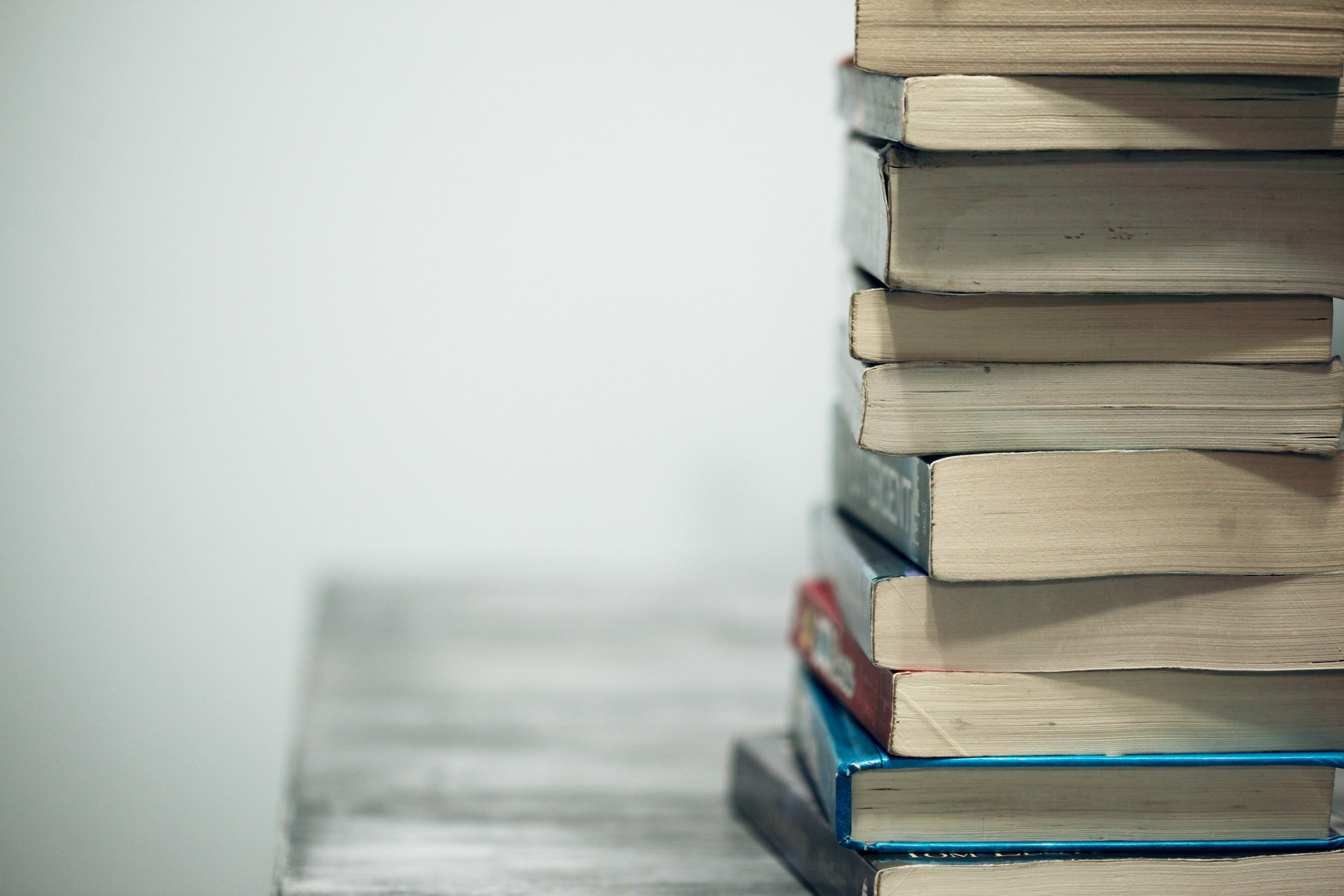Explaining Eid ul Fitr To Your Child
As we sadly prepare to bid farewell to Ramadan, our children are also filled with anticipation for our blessed festival of Eid ul-Fitr. Ayisha (r.a) reported that the Prophet Muhammad (SAW) said:
“For every people there is a feast and this is our feast.” (Sahih Al-Bukhari).
The Arabic root word for Eid is 'aa-da', which means that which comes back time after time, so this means 'the return of a celebration, a recurring happiness, and a feast'. Eid means ‘festivity' and Fitr means 'breaking' (of a fast). The word Eid appears in Sura al-Maida (5:117). Prophet Isa (a.s.) prayed to Allah:
"O Our Lord! Send us a Table Spread with festive food, that there may be for us, for the first and last of us - Eid, a solemn festival and a Sign from You; and provide for our sustenance, for You are the Best Sustainer".
Unas (r.a.) reported that when the Prophet Muhammad (saw) migrated from Makkah to Madina, the people of Madina used to have two festivals. On those two days, they had carnivals and festivities. The Prophet Muhammad (saw) asked the Ansaar (the Muslims of Madina) about it. They replied that before Islam, they used to have carnivals on those two joyous days. The Prophet Muhammad (saw) told them:
"Instead of those two days, Allah has appointed two other days which are better, the days of Eid-ul-Fitr and Eid-ul-Adha." (Hadith).
Eid ul-Fitr is determined by the visible sighting of the new crescent moon of Shawwal; therefore, Eid occurs on the first day of Shawwal, which is the 10th month of the lunar calendar. Eid ul-Fitr lasts for three days. It is a day of thanksgiving and jubilation, as it signifies the successful completion of the sacred month of Ramadan.
It teaches us the valuable lesson that real happiness arises from performing one’s duty and making sacrifices for a noble objective. It is with this spirit of thanksgiving, that Eid-ul-Fitr is observed all over the world by the Muslim ummah, who display a spirit of brotherhood, equality, and fraternity through praying in congregation.
They embrace and greet one another with the words 'Eid Mubarak' (Blessed Eid)" or 'Eid Sa‘eed' (Happy Eid)'. In addition, many countries have their own greetings based on their local languages and traditions.
On this happy occasion, we should also pray to Allah (swt) to bless the Muslim ummah and not forget those afflicted with misfortunes, and so we are encouraged to give charity. Keeping with the tradition of Prophet Muhammad (saw), Muslims are encouraged to prepare themselves for the occasion of Eid.
We Do This By:
Waking up early on the morning of Eid
Offering Salat al-Fajr
Preparing personal cleanliness and details of clothing
Taking a Ghusl (bath)
Cleaning your teeth
Dressing up by wearing your best and clean clothing (which doesn't necessarily have to be new)
For men, using perfume
It is also recommended to have breakfast on Eid ul-Fitr before leaving for prayer
“The Messenger of Allah (saw) would not go out on the morning of Eid ul-Fitr until he had eaten some dates… and he would eat an odd number.” (Bukhari, 953)
"The Messenger of Allah (SAW) forbade fasting on the day of Fitr and the day of Sacrifice (Adha) (Muslim, 827)
An important aspect of Eid ul-Fitr is that we are forbidden to fast, as we are supposed to celebrate the sacrifices that were made in Ramadan. Another very important part of Eid ul-Fitr is the payment of Zakat ul-Fitr, which is a type of Sadaqah paid by young, old, male, and female.
This fitrah is obligatory and must be paid to the poor and needy by every Muslim who has the means before the Eid prayers. The purpose of Zakat ul-Fitr is to help those less fortunate and to purify the fasting person from any indecent act or speech. The real happiness of Eid should lie in sharing our happiness with others.
On the day of Eid, it is also recommended to go to the prayer area early and to pronounce this Takbir on the way to salah in a low voice:
"Allah-hu Akbar, Allah-hu Akbar (Allah is the Greatest, Allah is the Greatest), La-Ilaha ill-Allah (There is no God but Allah), wa-Allah-hu Akbar, Allah-hu Akbar (and Allah is the Greatest, Allah is the Greatest), wa-lillah-il-hamd (and all praise is for Allah)".
Salat ul-Eid should be performed in an open place (weather permitting), and one should try to use two separate routes to and from the prayer ground. The majority of scholars say that the time for the Eid prayer starts when the sun has risen above the height of a spear, as seen by the naked eye, and continues until the sun is approaching its zenith.
Salat ul-Eid is a sunnah and is offered in congregation. It consists of two Rakats (units) with six or sometimes more Takbirs. Women and children are encouraged to attend the Eid prayer, because the Eid is a special feature of Islam, but we are told to attend in proper and modest attire. Ayisha (r.a.) narrated:
"I accompanied the Holy Prophet (saw) to the Eid ground. He led the prayer and then gave the sermon. Then he approached the gathering of the women and gave them religious instructions and urged them to practice charity.” (Bukhari).
Ibn Abbass (r.a.) reported:
"I participated in the Salaat-al-Eid-al-Fitr with the Messenger of Allah (saw), Abu Bakr (r.a), Umar (r.a) and Uthman (r.a), and all of them held Salaat-ul-Eid before Khutbah, and then the Prophet Muhammad (saw) delivered the Khutbah (sermon)" (Hadith Muslim).
After the Salaat ul-Fitr is offered in congregation, it is sunnah for the Imam to do a Khutbah (sermon). During the sermon, the imam should remind the community about its responsibilities and obligations towards Allah (swt), their Muslim brethren, and all mankind. The Imam should also encourage Muslims to do good and ward off evil.
"The Prophet (saw) would first of all offer the Fitr or Adha Prayer; then he would stand up facing the people who kept on sitting in their rows and he would instruct them in religion. Then if he had to send out an army or had to give a special command to the people, he would do so. After this he would return home". (Bukahri, Muslim).
There is neither Adhan nor Iqamah for the Eid prayers, and there are no other prayers to perform before or after Salat ul-Eid. Ibn Abbaas reported that the Prophet (saw) used to come out on the day of Eid and pray two rakats, with nothing before or after them.
At the conclusion of Salat ul-Fitr, Muslims should convey greetings to one another, give gifts to the young, and visit each other's homes. We should take this opportunity to also invite and share the festivities with non-Muslim friends, neighbors, co-workers, and new converts, so that they may enjoy the festive spirit of a Muslim holiday.
Some of the ways that Muslims around the world celebrate Eid will differ, but the most common customs seem to be:
Relatives will give children Eidiyah, which is a small sum of money that children will use to spend on activities throughout Eid
Children will wear their best clothes and go out with their parents to visit relatives and friends, or enjoy a day at a park or garden
Many Muslim families prepare a banquet for lunch or dinner and enjoy these meals with family and friends
Throughout the day, mothers will have tables laden with sweets and desserts for their children and guests to enjoy.
What an exciting time of the year for Muslims everywhere, alhumdulillah! I hope this brief introduction helped you and your children understand a little more about our special celebration of Eid ul Fitr.
Get This Printable Eid Books Free as a Member!
The What Is Eid book will help your child learn about the special days of Eid. Your child can also color along in this interactive book. Get this book for a small donation or for free during the month of Dhul Hijjah!
How To Get It Free
Simply subscribe to gain access to the Member Vault and receive my newsletters as well as many other freebies that are available anytime or seasonal. If you are already a member, enter the Members Vault using the password you received in your welcome email or your recent newsletter.
Salam, I’m Zakeeya!
I believe being a wife, a mother, and making our homes a sanctuary for our families brings us tremendous blessings, fulfillment, and improves society. Since 2011, I've been committed to helping Muslimas find tranquility in their roles, take better care of themselves, and attain contentment within. Our journey is not an easy one, but I pray the resources and mentoring I offer, will assist in navigating you through your everyday challenges with mindfulness and gratitude, inshallah. Join me as I share wifehood, motherhood, homemaking, and lifestyle solutions that make life more fulfilling for you as a woman! READ MORE

